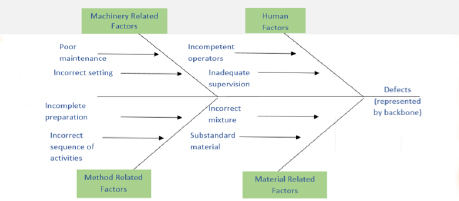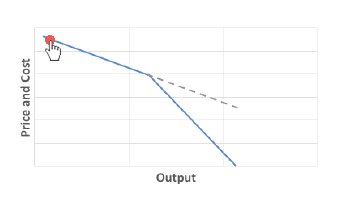Enroll today in Crosswalk Review Course. No other course is good enough.

"There isn't any problem in this world that does not have a solution, and if there is one, it is not a problem but only a perspective." - Vipul Mittal, CPA




| Quarter | Testing Window |
|---|---|
| 1 | January-February |
| 2 | April-May |
| 3 | July-August |
| 4 | October-November |